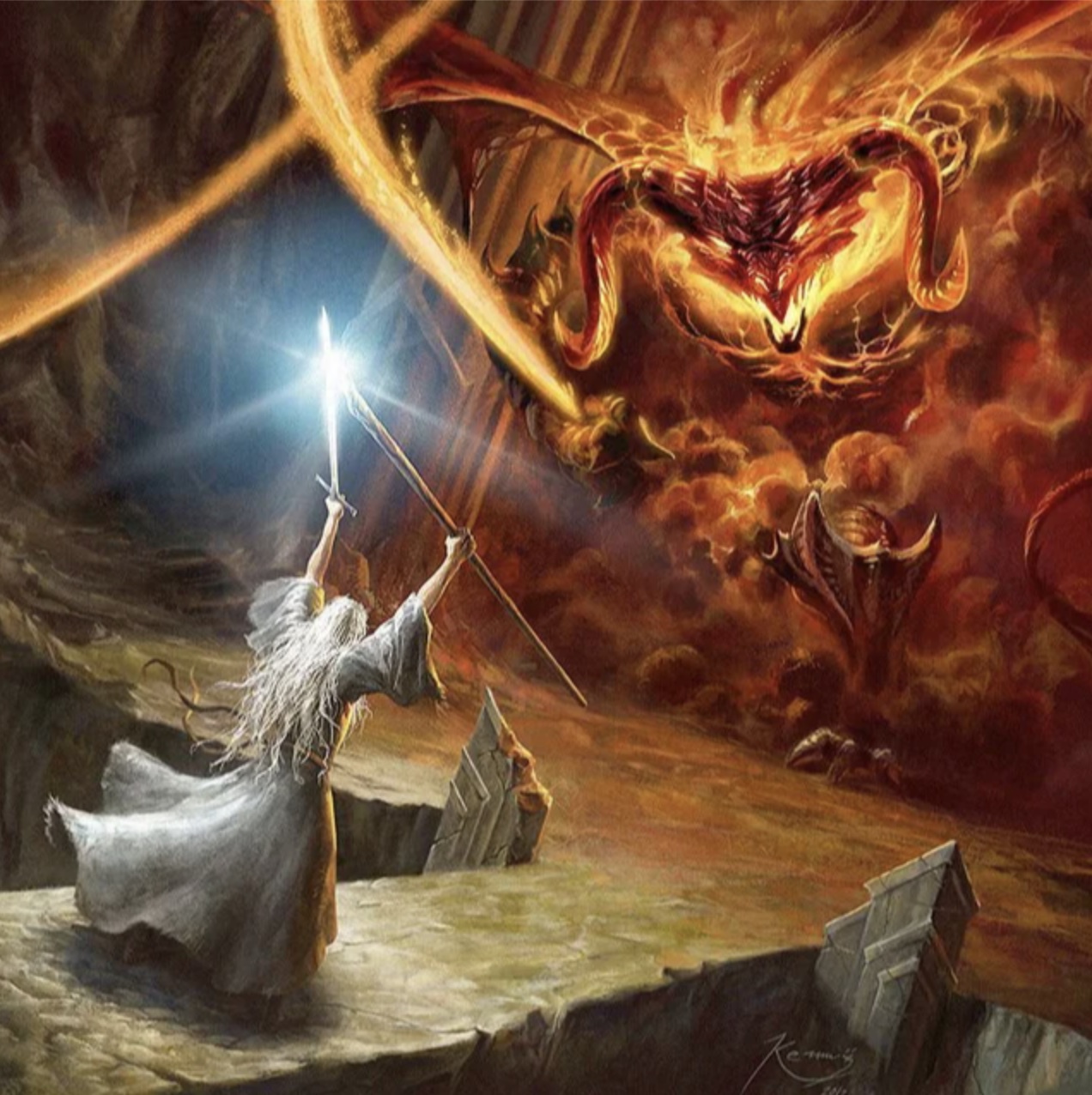The value of Folklore
FOLKLORE - ORAL HISTORY
Ancient cultures told and retold stories to educate their tribe, as a way of passing along values and lessons deemed important.
Not much has changed. Most companies have folklore and legends that long-timers will tell you if you bother to listen. Few things are more worthy of your time.
Rob’s (not his real name) company was no different. I had recently joined the ‘tribe’ he had created in engineering leadership.
It didn’t take long to discover a legacy of learned helplessness and a fair amount of what can only be described as Stockholm syndrome, where those who feared had also bonded and, in numerous cases, learned to mimic Rob’s fear-based leadership style.
Monetary success can be a powerful reinforcement for terrible habits.
As people shared, I learned new names. Many of them were introduced with criticisms rooted in past, unhealed scars.
Except for Tom. No one had a bad word to say about Tom. It was beyond respect. Tom was something of a folklore legend. I was fascinated and dug deeper to find why.
A few years before I arrived, an engineer had screwed up. It was one of those “YOU DID WHAT?!?” screwups. The kind that takes down the ‘cash register’ and prevents sales. The kind you just don’t do. Ever.
Rob was enraged and, true to form, went on his usual warpath that typically resulted in someone getting painfully, publicly berated and, as often as not, fired. Not knowing who was responsible for the outage, he went to Tom, the person’s manager, and demanded a name. Tom calmly told him, “Rob, you don’t need to do anything here. We have dealt with the problem.” Rob furiously demanded the name again. Tom replied, “Again, we’ve already dealt with this. The person understands the gravity and has been educated.”
Rob, even more furious for being thwarted, began to threaten Tom. Tom responded, “Ok, Rob, then it was me. I did it, Rob.”
Rob fired him. On the spot. In a rage. Publicly. In front of everyone.
Tom calmly gathered up his things and went home. The next day, he slept in. Then, while taking a shower, his phone rang.
He picked up the phone to hear Rob say, “Where the **** are you?” He replied, “I’m at home, Rob. You fired me, remember?” Rob replied, “Get your *** back to work!” and hung up.
Tom could have responded in typical ways: An angry response. Indignance. Hanging up. Finding a new job. No one would have blamed him. With his talent, he could have found another job no problem.
He did none of that.
He just laughed and went back to work.
Tom had deeply internalized an important truth: We all have flaws, but those flaws do not define us or even well-represent us.
He saw through Rob’s rage and immaturity as a leader. He also saw a brilliant man who cared deeply about what they were building, but who still had some growing to do. He chose to look deeper than most are willing.
And, it’s true, isn’t it? How often have any of us truly felt fully equipped for the challenges a new role brings our way?
While Rob’s actions had incurred significant employer/employee damage that he could not himself repair, the same was not true of Tom. He found himself empowered to change the situation, and he chose to do exactly that. He forgave Rob and chose to stay, working loyally just as before. And the result? Everyone else followed his lead and did the same, and they all got on with their shared mission.
On day one, Tom stood in the gap for an employee who reported to him.
On day two, Tom stood in the gap on behalf of Rob and, ultimately, the company.
Both days mattered.
Tom returned to work at the same location, but he did not return to the same place.
He returned to a place that his actions had changed for the better. Rob was better. The work climate was better. A good measure of fear was replaced by hope. Not all, but it was a beginning. Grace and strength and selflessly standing on behalf of others, especially at great personal cost, can do miracles.
I didn’t have many opportunities to work closely with Tom. But I learned a lot about true, courageous, and selfless leadership from him nonetheless.
The kind of leadership that births hope and becomes folklore.
Sometimes, hearing a bit of this type of folklore is just what the tribe needs to carry on - to succeed.
Learn the folklore. Tell it to your tribe.
(Depicted: Gandalf, the legendary engineering manager, managing ‘up’)
